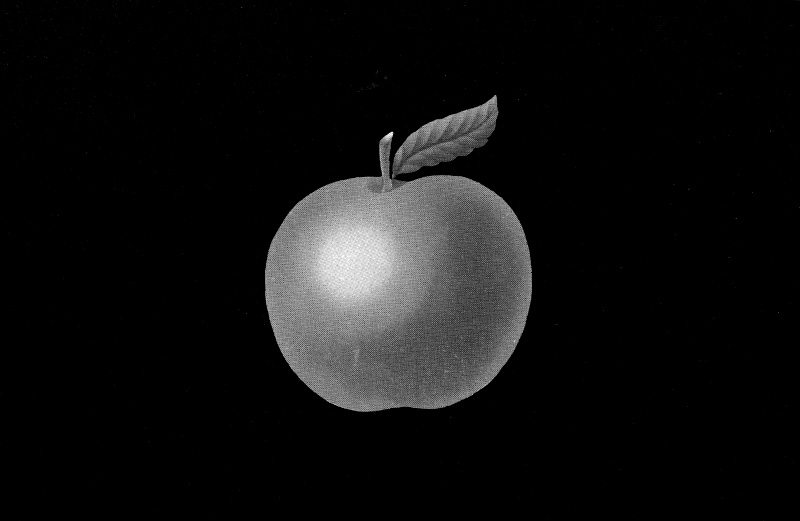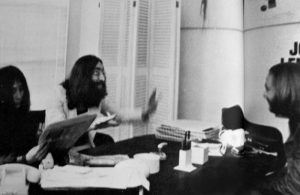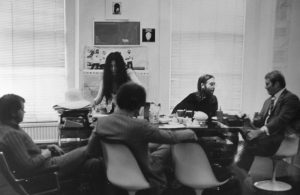
06 Apr 1968: Apple Records Opens It’s Doors in London
ON THIS DAY IN 1968, THE FAMOUS RECORD LABEL OWNED BY THE BEATLES, APPLE RECORDS, OPENED IT’S DOORS IN LONDON FOR THE FIRST TIME
The label was intended to act as a creative outlet for the Beatles, both in their group and individual releases, and to financially support a number of other artists. The idea of the umbrella company, Apple Corps, was conceived in 1967 alongside Beatles manager Brian Epstein, although the plans were accelerated when he passed away unexpectedly. Apple Corps on the other hand was created to give the members of The Beatles various financial benefits, including a lowered corporate tax rate. John Lennon was quoted as saying of the company, “Our accountant came up and said ‘We got this amount of money. Do you want to give it to the government or do something with it?’ So we decided to play businessmen for a bit because we’ve got to run our own affairs now. So we’ve got this thing called ‘Apple’ which is going to be records, films, and electronics – which all tie up.”
Eventually, the company descended into chaos due to the band’s naivety and generosity. Apple Corps had been intended to offer financial aid to struggling artists, which many were glad to take advantage of. There was an excessive number of staff and artists passing through the offices daily, with a curiously small amount of work actually being completed. Ringo Starr said of the business “We had, like, a thousand people that weren’t needed, but they all enjoyed it. They were all getting paid for sitting around. We had a guy there just to read the tarot cards, the I Ching. It was craziness.”
John Lennon was introduced to Allen Klein in 1969 and was impressed by both his business manner and the work he had already done with the Rolling Stones. He decided Klein should be their business manager over Paul McCartney’s choice of Lee and John Eastman, the father and brother of his girlfriend Linda, a decision all other band members agreed with. An attempt was made to include them as attorneys but they were eventually dismissed as the conflict made the arrangement almost unworkable, though they went on to successfully manage McCarney’s solo career. Klein went on to turn the company back into a profitable business and is often credited with financially rescuing The Beatles.
The company continued after the bands demise, taking control of the production and publishing of the group’s individual projects. It has continued throughout the years, surviving a considered dissolution in 1975 and numerous lawsuits with Apple Inc. and continues on today, although it’s headquarters have relocated. It’s control remains with McCartney, Starr and the estates of Lennon and Harrison.
Ritchie Yorke was fortunate enough to visit the old headquarters of Apple numerous times during his career, and a number of photos have survived and can be seen above. He also was in possession of an extensive amount of Apple memorabilia and records which are still in his archives today.





